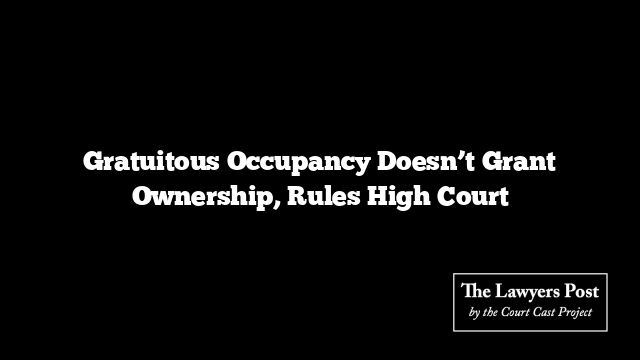The Supreme Court reinforced a critical principle: economic offences, particularly those involving corruption and harm to the public exchequer, cannot be dismissed simply on the grounds of a settlement. This landmark ruling comes from a case where bank officials and private entities sought to quash charges despite causing significant financial damage.
At the heart of the dispute was a staggering loss of ₹6.13 crores suffered by a state-owned bank. Although a settlement was reached during Debt Recovery Tribunal (DRT) proceedings, the Court deemed this insufficient to absolve the accused of their legal accountability.
The bench, comprising Justice Vikram Nath and Justice Prasanna B. Varale, firmly stated that offences under the Prevention of Corruption Act cannot be trivialized. “Economic offences are distinct from other crimes. They undermine public trust, destabilize financial systems, and threaten societal well-being,” the judgment noted. The Court emphasized that addressing such cases lightly would erode public confidence and harm the nation’s financial health.
The case involved directors of a private firm and employees of the State Bank of India accused of fraudulent activities, including fund diversion and irregular loan repayment. They contended that the settlement terms at the DRT warranted quashing the criminal charges. However, the Court reaffirmed that societal interests and the broader implications of financial misconduct take precedence over private agreements.
Referring to a precedent, Parbatbhai Aahir vs. State of Gujarat (2017), the Court highlighted the gravity of economic offences, which extend beyond individual parties and affect the nation’s financial integrity. “Such crimes cannot be wiped away by settlements, no matter how amicable,” it observed.
Ultimately, the appeal was dismissed, upholding the Bombay High Court’s earlier refusal to quash the charges. This decision underscores the judiciary’s commitment to safeguarding public resources and maintaining accountability in cases of economic fraud.





